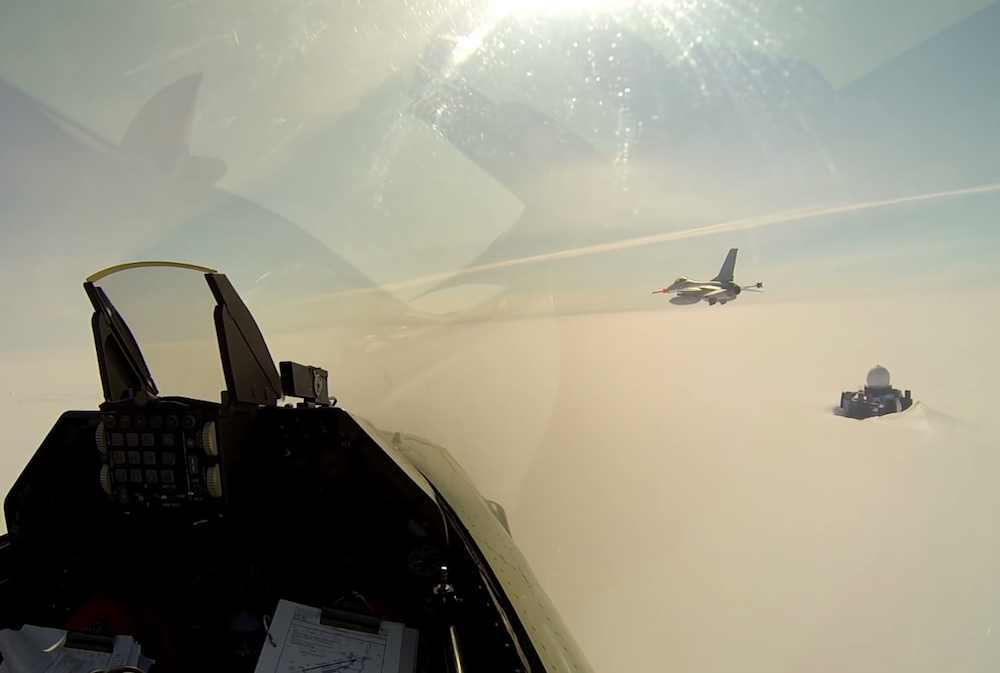A new research institute will help the Danish military adapt to the ‘new Arctic security situation’
The creation of the Center for Arctic Security Studies underscores the growing importance Copenhagen places on the region.

Denmark’s defense college has established a research unit that will study security issues in the Arctic in order to keep the country and its military up-to-date as it seeks to ward off emerging threats in the region.
The Center for Arctic Security Studies will be staffed by two military analysts and three academics. Their job will be to study security topics — such as how growing interest in the region has fed an emerging rivalry amongst the great powers and how it affects Danish interests — and to communicate their findings to military and political decision makers.
Although annual Danish threat assessments consistently underscore that there is little likelihood that Greenland, a part of the Kingdom of Denmark, will be drawn into a military conflict, Copenhagen has set aside additional resources for Arctic operations as foreign commercial and military interest in the island has come to light.
“There is a new security situation in the Arctic, and it is important that more know and understand what that is,” said Trine Bramsen, the defense minister.
[Denmark will triple Arctic defense spending]
The defense college is responsible for preparing military leaders to address the threats Denmark can expect to face, while also seeking to inform lawmakers about the military’s future needs. According to Army Major Steen Kjærgaard, a military analyst who will head the center, establishing CASS will make it possible for the defense college live up to that task at a time when the national assembly has signaled it will widen its focus on the region.
Denmark is currently in the process of revising its 2011 Arctic strategy, and Rasmus Leander Nielsen, of Greenland’s Ilisimatusarfik university, one of the academics associated with the center, told Greenland news outlet Sermitsaq.AG that the decision to establish an outfit like CASS was a sign of the priority Copenhagen now places on the Arctic.
“It (CASS) can attract some of the leading academics working with the region and allow them to focus their work and raise Arctic research to a considerably higher level,” he said.